Never let anyone know your password or login details!
The Bank will never ask its clients – by email, phone or any other means of communication – for their access code (password, OTP, etc.).
From email (phishing) and SMS text (smishing) to voice calls (vishing), scammers target bank customers to capture their data (ID, password, OTP, phone number, etc.) and use them without their knowledge. What are the signs and what can you do?
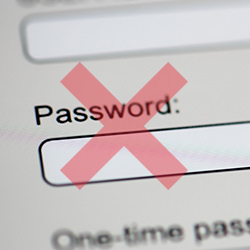
The Bank will never ask its clients – by email, phone or any other means of communication – for their access code (password, OTP, etc.).
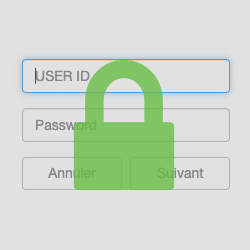
Choose a unique strong password (different from the one you use for your emails, online shopping, social networks, forums, etc.). Make sure you change your password regularly.
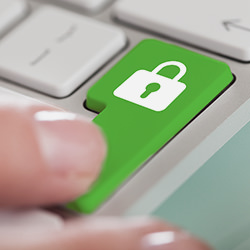
Always use a computer you trust and that you know is secure. We recommend that you install anti-virus and anti-spyware software on your computer. Ensure that you the latest updates for your operating system, web browser and anti-virus software are installed.
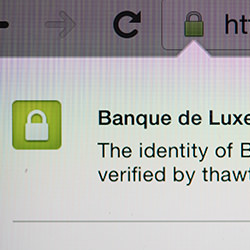
Access the site directly by entering the address https://www.banquedeluxembourg.com in the address bar of your internet browser or from your Favourites if you have previously saved it. Check that the address begins with "https", that there is a padlock symbol on the secure page and that the padlock is closed.
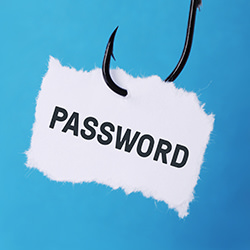
This is a technique that computer hackers use to mimic emails or institutional websites to collect confidential data such as your credit card number, ID, password, name, first name, date of birth, address, phone number, etc.
Remember that Banque de Luxembourg and other financial institutions in general will never ask a client for their password, ID or OTP by email or phone.

Spoofing is a technique that fakes electronic ID information such as a telephone number (“phone spoofing”, when the caller ID does not correspond to the identity of the actual caller) or an email address (“email spoofing”, when the sender uses a fake email address) in order to hide the true identity of the hacker.
Victims may respond to telephone calls or emails and provide confidential information to the fraudsters on the basis that their ID information seems to come from a legitimate source.
If you have any doubts, the best approach is to call back the person contacting you on (+352) 49,924-1, in order to verify their true identity.

If you have lost your access codes, phone BL-Support as soon as possible on (+352) 26 20 26 30 to block online access to your account.
BL-Support is open Monday to Friday from 9 am to 6 pm.